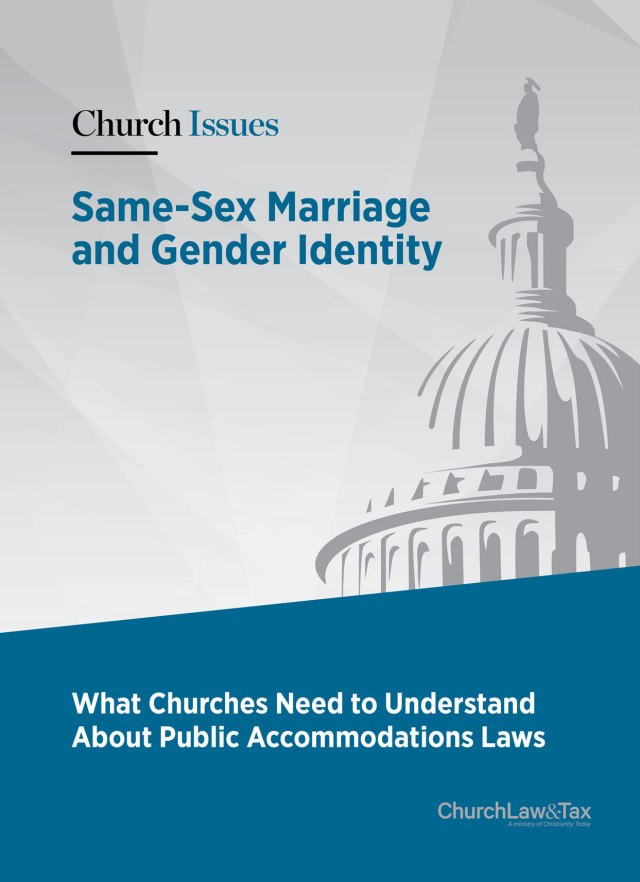Key point 3-04. All states permit clergy to perform marriage ceremonies. However, some states permit only “ordained” or some other classification of clergy to perform marriage ceremonies. It is important for clergy to determine if they are legally authorized to perform marriages under applicable state law, and in addition to be aware of the legal qualifications for marriage and any license and reporting requirements prescribed by state law.
A Florida court ruled that a couple that was “married” in a religious ceremony that did not comply with the requirements for a valid marriage specified in state law was not lawfully married. A couple participated in a religious marriage ceremony in Oregon, and later relocated to Florida. They never applied for or obtained a government issued marriage license. They also never paid a government fee to get civilly married, never supplied their vital statistics to the government, never received a marriage certificate, and never recorded their marriage in Oregon’s public records, which are all required by Oregon law. A few years later, in a child support and custody proceeding, the husband claimed that no lawful marriage had ever occurred. The wife disagreed. She conceded that as a general rule a marriage license is required in Oregon for a lawful marriage to occur. However, she relied on the following “savings clause” in the Oregon marriage statute to validate the marriage:
All marriages, to which there are no legal impediments, solemnized before or in any religious organization or congregation according to the established ritual or form commonly practiced therein, are valid. In such case, the person presiding or officiating in the religious organization or congregation shall deliver to the county clerk who issued the marriage license the application, license and record of marriage in accordance with [the marriage statute].
The court concluded that this savings clause was inapplicable because it presupposes the existence of a marriage license issued by the appropriate county clerk. The court observed: “The lack of a marriage license in this case was a legal impediment because the parties neither sought nor obtained an Oregon marriage license in connection with the religious ceremony. By referencing delivery of the marriage license to the appropriate county clerk, this statute ascribes legal significance to the existence of such license, which itself evidences the intent of the parties to enter into a legal marriage.” The court added:
A lawful marriage presumes that the parties at least undertook efforts to satisfy the state’s requirements for a valid marriage, one of which is to obtain a marriage license. Consequently, the trial court did not err in concluding that a valid marriage did not occur under Oregon law, given the evidence that the parties intended a purely religious ceremony and that a legal marriage would occur later, and took no steps to obtain a marriage license, which enjoys particular significance where Oregon’s general savings clause is sought to be invoked.
The court rejected the wife’s attempt to utilize New York law to support her proposition that a legal marriage can be found from a purely religious ceremony despite the absence of a marriage license. It observed: “New York law, unlike Oregon, expressly provides that a party’s failure to obtain a marriage license does not render a marriage void. As a result, we find New York law in apposite.”
Application. This case illustrates the importance of ministers being familiar with the legal requirements for solemnizing marriages in their state. A good place to start in familiarizing yourself with your state’s requirements is the local office that issues marriage licenses. In many states, this is the county recorder’s office. Often, these offices have compiled a checklist of legal requirements for solemnizing marriages that will be of great value to ministers. Preure v. Benhadj-Djillali, 15 So.3d 877 (Fla. App. 2009).
This Recent Development first appeared in Church Law & Tax Report, March/April 2010.
